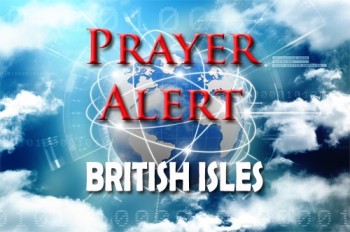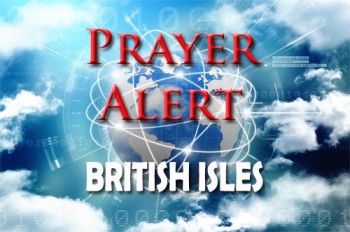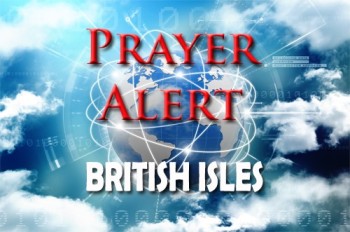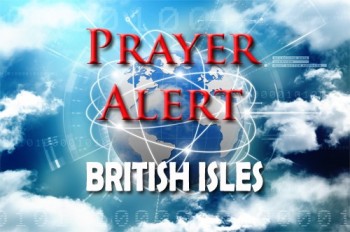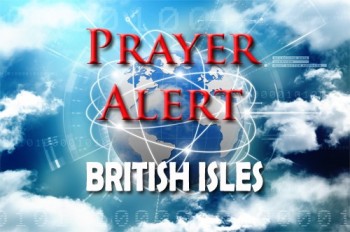Displaying items by tag: finance
‘Chaotic’ Kickstart scheme for youth fails
The Public Accounts Committee supported the Department for Work and Pensions as it tried to help young people into work at what was expected to be a downturn in employment opportunities. But the £1.9 billion ‘emergency intervention’ Kickstart scheme has supported far fewer young people than predicted. Early delivery was chaotic and DWP ‘neglected to put in place basic management information that would be expected for a multi-billion-pound grant programme’. Also, despite more favourable than predicted economic conditions, many young people who joined Universal Credit when the pandemic started have remained on the benefit. DWP doesn’t know why these people are not in Kickstart jobs.
Over 17 million use ‘buy now, pay later’
More than 17 million UK customers have now used a buy now pay later (BNPL) company to make an online purchase. The payment method is also set to have its biggest Christmas yet. BNPL firms allow people to manage their shopping, either by postponing their bill for a short while, or splitting it into more manageable chunks over time, interest free. But users too easily end up in debt and tougher rules are needed. Klarna, the biggest UK provider, has seen its customer base double to 15 million since 2020. Other companies, Clearpay and LayBuy, are also expanding fast. The fastest growth is among 40- and 50-year-olds. A recent Citizens Advice survey found almost one in ten plan to use BNPL for Christmas shopping. Citizens Advice urges consumers considering using BNPL to ensure they understand what they are signing up for, how they will make the repayments, and what will happen if they can't pay on time.
Budget taxation and spending
The chancellor pledged increasing public spending amid higher than expected economic growth. Whitehall departments will receive a rise of £150bn over the course of this parliament, the largest increase this century. There is extra money for schools, tax cuts for businesses and a cut in air duties for internal flights. A changed alcohol duty will see cheaper sparkling wine and draught beer, and the planned fuel duty rise is cancelled. Amid huge concern over the £20 cut to Universal Credit, changes will be made to let working claimants keep more of their benefits. There is new money for the NHS, a rise in the National Living Wage, and public sector pay rises. The Institute for Fiscal Studies said inflation and higher taxes on incomes would negate small wage increases for middle earners. Low-income households will see the cost of living increase faster than benefit payments. The chancellor acknowledged in his budget that families are under strain: see
NHS ‘under similar pressure to January’
In a letter to Boris Johnson, cabinet ministers and the NHS England chief executive, the NHS Providers group says demands on staff are rising. Many chief executives are saying that the overall level of pressure they are now experiencing is different in shape, but similar in scale to what they saw in January when the NHS was under the greatest pressure in a generation. The letter calls on the Government to make ‘the right decisions’ as it finalises NHS funding for the second half of the financial year. Hospital pressures include going ‘full speed’ to address the backlog of mental health and community care services, and record demands for urgent and emergency care. There are growing hospital admissions for Covid, along with more than a million cases of long Covid and people suffering poor mental health. Hospitals are currently running enhanced infection control measures, leading to ‘significant loss of capacity’, with staff self-isolating or suffering stress and mental health issues.
EU agrees on a plan to save itself
EU leaders have agreed on a 750 billion euro coronavirus relief package, both in loans and grants. A major accomplishment: for the first time all 27 members agreed to share the financial burden to rescue some of its members. However this is just the first step on a long road to recovery. The fine print is thorny. Any individual member state can delay disbursement of funds to another member by questioning the recipient's spending plans. For example, this would allow a country to put a temporary hold on funds for another if the Hague has a bone to pick about overspending. Not a veto, but it could delay the release of much-needed funds and pit countries against each other. Also money will not be released until 2022. So if Italy and Spain continue borrowing to pay for their domestic rescue plans, they will owe much more a year from now and be in a worse financial position to respond to any second coronavirus wave.
Italy’s challenge, and cashless society
The challenge: Italy is facing its worst recession since the Second World War. To heal the decimated economy, it has no choice but to revive its tourism industry. As of today, European travellers are once again welcomed in, restrictions on movement between regions have been lifted, and international flights are set to resume in three major cities. Italy wants visitors, but it is unclear if visitors want Italy. Also, people have long hoarded banknotes in uncertain times, but the pandemic may prove an exception. Passed from person to person, cash is making people nervous. Across Europe, shopkeepers and customers are looking for ways to limit the chances of infection, prioritising card payments. Analysts see this rapid shift as a huge step towards a wholly cashless society.
Covid-19 fraudsters
Everyone has movement restrictions, and millions are working from home or have stopped working. As a response, the Chancellor of the Exchequer has announced huge packages of financial assistance in grants for the self-employed and paying wages for employed workers. Yet in announcing his help for self-employed, he acknowledges the scheme could facilitate opportunities for perpetrating fraud. He recognises that whatever the health of an economy - or the financial standing of an individual or a company - there will always be those looking to make fraudulent gains. Coronavirus has produced new openings for committing fraud, which is like a virus: it will spread and cause the maximum amount of harm unless the right precautions are taken.
Barclays - climate plan
Pressure group ShareAction has called on Barclays Bank to ‘phase out’ financing energy companies that are not aligned with the Paris climate accord. Barclays is close to securing qualified investor support for a new action plan on climate change, as they move away from relationships with carbon-polluting companies. In May their shareholders will have the chance to vote on the proposal at their annual general meeting. City sources said that Barclays' alternative resolution would commit it to helping ‘transition’ energy companies towards the Paris goals. One investor briefed on the plan described it as a ‘landmark’ for a major lender. We can pray that other banks will commit to measures that will cause polluting companies to achieve Paris compliance across lending measures, underwriting, corporate finance and all forms of project financing.
A deal is agreed
The Eurozone is in a deep recession. Unemployment figures are spiking to unprecedented highs and debt levels are soaring. It is an economic crisis on a scale not seen since the Second World War, or the Great Depression. Onlookers have watched individual countries retreat into national self-righteousness and mutual finger-pointing in a very un-united attitude that threatens the survival of the EU and will not solve anything. Then, finally, after weeks of wrangling, EU finance ministers managed to reach a deal - to the relief of most. Let us pray that the €500 billion package to help countries hardest hit by the pandemic will succeed in implementing an economic plan. See also
Budget with an eye on coronavirus
Chancellor Rishi Sunak delivered his first Budget in the House of Commons on 11 March. Parts of it appear to have been written at the last minute as coronavirus spreads across the nation. His spending plans include a £5bn emergency response to support the NHS and other public services with statutory sick pay for all who choose to self-isolate, even if they don't have virus symptoms. Benefit claimants will be able to claim sick pay on day one, not after a week, and there is a £500m hardship fund allocated to help vulnerable people. To try to save businesses from liquidation, firms with fewer than 250 staff will be refunded for sick pay payments for two weeks, and small firms will be able to access ‘business interruption’ loans of up to £1.2m. Business rates will be abolished for firms in the retail, leisure and hospitality sectors with a rateable value of less than £51,000.
